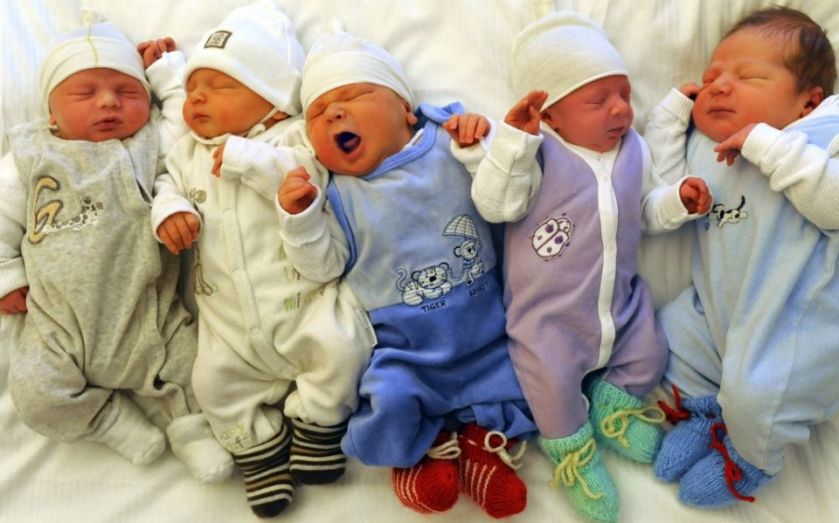Three parent babies: What are they and why are MPs voting on them?

The UK is on the brink of becoming the first country to legalise the creation of three-parent babies – a controversial practice involving the introduction of a third person's genes to a baby's DNA.
Developed in Newcastle, the technique replaces a small amount of DNA in a mother’s egg with DNA from a second woman, resulting in the baby having two mothers and one father.
The aim is to prevent people suffering from genetic diseases by replacing faulty DNA with healthy DNA, but it is currently not practised because it involves the illegal process of placing genetically modified embryos inside women.
Mitochondrial transfer
The DNA replaced in the creation of a three-person baby is found in the mitochondria – the small components of human cells responsible for converting food into energy.
Using an adapted version of IVF, the DNA of the donor woman is combined with that of the two parents – a change that is permanent and therefore effectively removes the risk of the disease for all future generations.
Disorders caused by flawed mitochondrial DNA include brain damage, blindness, heart failure and muscle wasting. All of these could be removed by full implementation of the technique.
Divided opinion
At 3pm today a 45-minute debate will take place in the House of Commons, followed by a vote on the legalisation of three-parent babies.
If approved, fertility clinics in the UK will be given the green light to go ahead with the procedure, paving the way for the birth of the first three-person baby as early as 2016.
While the government supports the practice in principle, there are some who vehemently oppose it. Religious leaders are among those who have called for it to be blocked, on the grounds that it requires the unethical destruction of human embryos.
Others, such as the group Human Genetics Alert, have argued that it would pave the way for other types of genetic modification to take place in babies the future, and some also question the safety of the practice.
According to The Telegraph, a number of scientists believe three-person babies could be at greater risk of cancer and premature ageing. Dr Paul Knoepfler from the University of California, Davis, told them:
Since this is uncharted territory and the children born from this technology would have heritable genetic changes, there are also significant unknown risks to future generations.There are numerous serious risks associated with this technology. These include most notably the possibility that developmentally disabled or deceased babies will be produced.